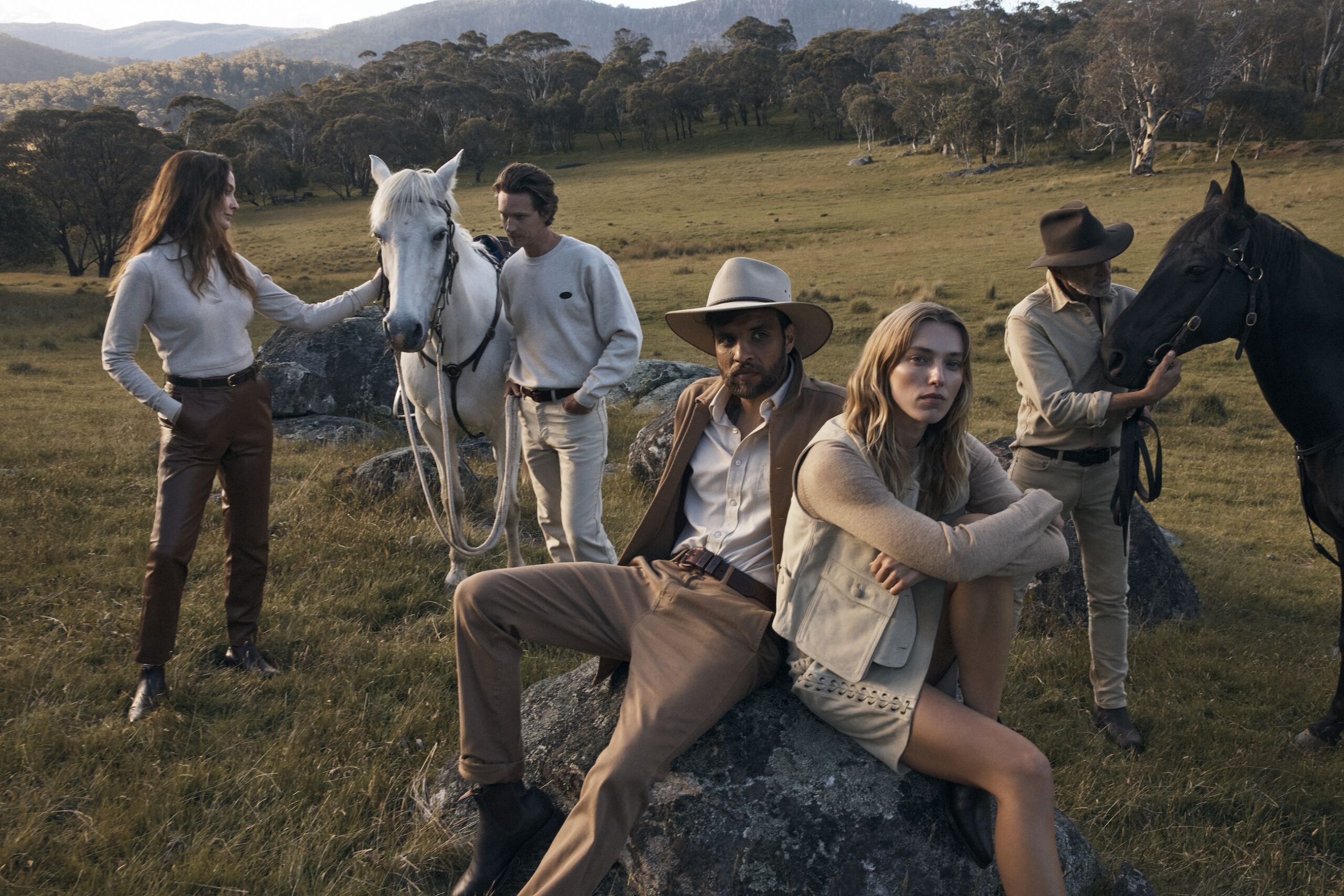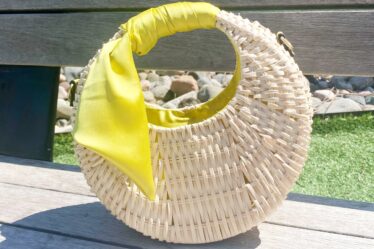
The Australian bush clothing and footwear brand could soon be making a plant-based version of its famous boots following a $20 million investment in sustainable textile company Natural Fiber Welding.
RM Williams owner Andrew Forrest’s Tattarang investment firm participated in the Illinois-based Natural Fiber Welding’s $85 million series B round of funding, alongside a raft of other investors including BMW and Ralph Lauren.
Natural Fiber Welding’s main products are Clarus, a range of sustainable textiles, and Mirum, a plastic-free, plant-based, biodegradable leather alternative.
Tattarang is considering using Mirum for some of its boots, which are worn by celebrities, politicians and businesspeople around the world.
Chief investment officer John Hartman said Mirum could provide “wide-ranging” opportunities for the Australian brand, but stressed the company’s core range would remain traditional leather.
“Leather is of course deeply entwined in the DNA of RM Williams, and we have no plan to change that, however we know consumers are increasingly seeking high-performance, plastic-free leather alternatives. NFW could provide an opportunity for us to further explore this with RM Williams,” Hartman said in a statement.
Mining magnate Forrest acquired RM Williams in late 2020 as part of a AU$ 190 million deal, which returned the company to Australian hands after years of foreign ownership. Following the acquisition, the company said it would focus more on sourcing Australian-made leathers for its boots, and bring as much of its boot manufacturing back to Australia as possible.
If RM Williams does use Natural Fiber Welding’s leather alternative, it will join Patagonia, H&M, Allbirds, Camper, and Alexander McQueen as among the brands using the company’s zero-plastic materials.
Learn more:
Fashion’s Race for New Materials — Download the Case Study
Brands are pursuing a raft of initiatives to adopt recycled textiles, regeneratively farmed cotton and mushroom-based leather, but giving fashion’s major materials a sustainability makeover still requires billions of dollars worth of investments and deeper, longer-term commitments to scale. BoF breaks down some of the key innovations, the companies leading the charge and the barriers to change.



